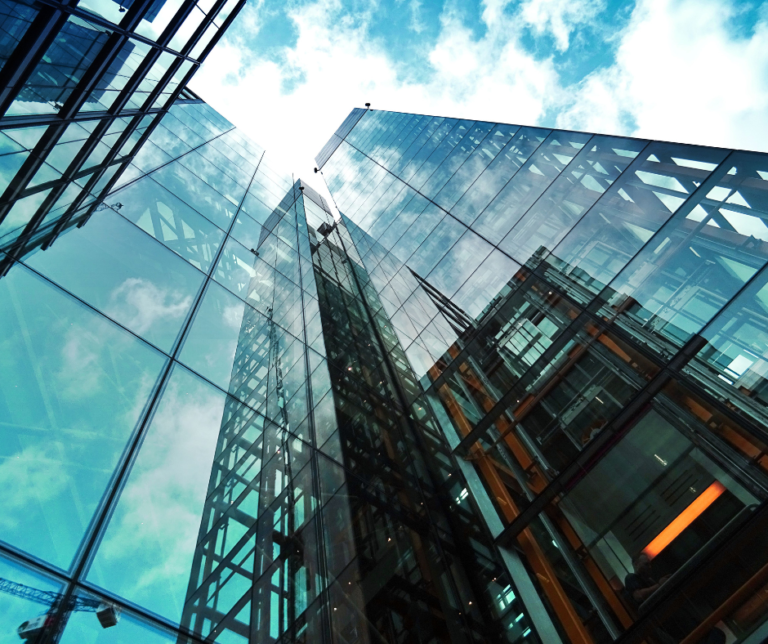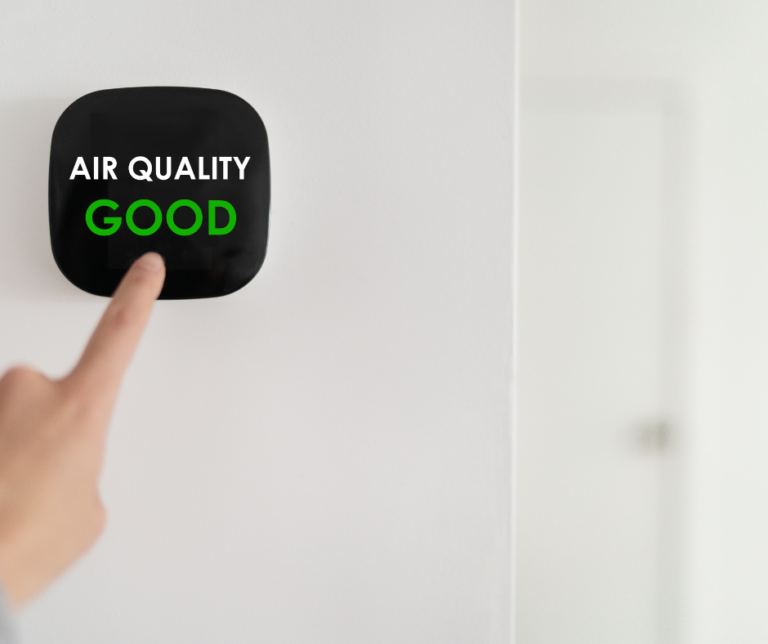Covid-19 and indoor air quality
Good indoor air quality (IAQ) is essential for human health. On average, humans spend between 80% and 90% of their time indoors. This means that we are not exposed to outdoor air as much as we should be, and this can have serious consequences for our health. The importance of indoor air quality should not be underestimated, especially after a horrible pandemic such as COVID-19.
The impact of indoor air pollution on our health
When the COVID-19 pandemic arrived, no one knew what caused the disease or how it spread. The answer took a few months to arrive: the virus was in the air, and it reached its victims through it. How often were we told to sanitize the environment and keep it well ventilated after this discovery? Despite the fact that we kept on receiving these kind of instructions all the time, when the worst seemed to be over, humanity forgot these simple rules. Poor indoor air quality leads us to breathe impure air, which leads to very serious respiratory infections and other illnesses in many cases. We are talking about Building Related Illnesses.
The race to sanitize environments, which was one of the measures to reduce the spread of the virus between 2020 and 2022, has now dropped drastically. However, our habits have not changed. Of course, offices cannot be moved outdoors, just like many of our daily activities; what should change, however, is the tendency to ignore the importance of IAQ. In 2020 it was essential to open the window and let fresh air in, and, even better, to use the HVAC systems (without forgetting to sanitize them) to filter it: why shouldn’t all this be important today as well? Many windows remain closed. Ventilation systems are turned off, or, when they are in operation, we forget that they become contaminated over time.
Without regular inspections and sanitizations, ventilation systems become a danger to human health, teeming with pathogens
that are then inhaled. On the other hand, many people simply buy air purifiers forgetting that, when HVAC systems are contaminated, the dirty air circulates anyway.
Are we sure we want to damage our heart, lungs, and brain in this way? Schools, offices, restaurants, gyms, theaters, cinemas, and
supermarkets are all places that could have a major impact on our health. The importance of IAQ is often ignored and we only worry about having clean water and healthy food and about outdoor pollution: we don’t understand that confined spaces are a potential danger too. As explained in the article Why We’re Still Breathing Dirty Indoor Air ( Apoorva Mandavilli – The New York Times), we tend to do only the bare minimum. Without strict laws, no one acts and the entire population suffers, all over the world. For instance, in many places air pollution is too strong for windows to be opened. For this reason, the air should be cleaned from the inside, thanks to well-functioning HVAC systems.
Let’s consider a specific case. In Italy, the law requires that HVAC systems get inspected once a year and, if necessary, that they get sanitized. If someone gets sick due to the bad air they breathed at work, their company would be responsible and would end up in serious trouble. The problem is: what happens after the inspection/sanitization? If an HVAC system became contaminated again before the following inspection, it would take a year to realize it. Another case to consider is that of countries subject
to frequent fires (Australia, Canada) or those with dust storms (such as Saudi Arabia).
HVAC Hygiene continuous monitoring
In this kind of places, it’s not possible to rely only on simple inspections, because the ventilation systems are subject to almost daily re-contamination. An effective method is needed to always keep the situation under control, in order to be able to intervene promptly and protect the health of building occupants.
The solution is easier than it might seem: thanks to the patented Remotair technology, it is possible to monitor the hygienic conditions of air systems (filters and batteries cleanliness, air quality, and presence of dust and microbiological agents). Installing Remotair is equivalent to having a watchful eye on your HVAC systems 24/7, thanks to the powerful sensors and cameras. In addition to saving a lot of concerns, you will also save lots of time: no one has to check the Remotair portal, because notifications are automatically sent when a part of the system needs to be sanitized.
Remotair is the only solution in the world that ensures that ventilation systems don’t introduce air with high levels of
contamination into the indoor environment. Contact us to find out more!





